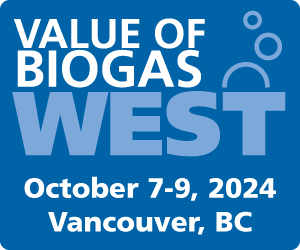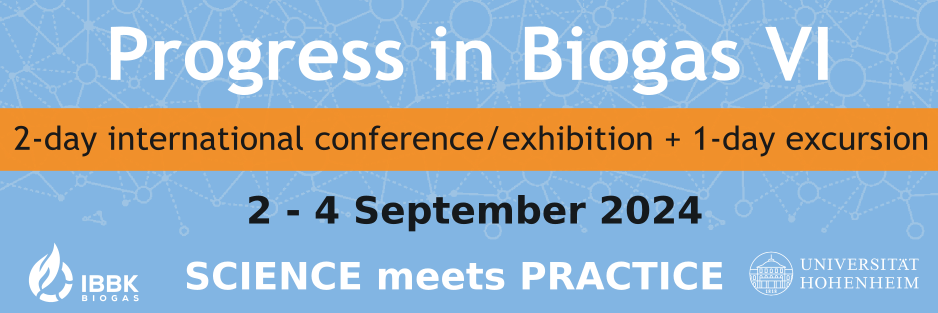Report looks at getting the most from biomethane in California
The California Council on Science and Technology (CCST) has issued a report assessing specifications for biomethane in California common carrier pipelines. According to CCST, the report shows changes that could allow biomethane to be used “safely and economically” in California’s renewable energy portfolio.
Titled ‘Biomethane in California Common Carrier Pipelines: Assessing Heating Value and Maximum Siloxane Specifications’, the independent assessment is available here.
For biomethane to be injected and blended into ‘common carrier’ natural gas pipelines for transport and distribution, it must match the natural gas in the key measurements of gas quality (such as heating value), interchangeability and constituents of concern (e.g. siloxanes).
Legislation from 2012 requires the California Public Utilities Commission to adopt standards for biomethane that specify the concentrations of constituents of concern as well as requirements for testing, reporting and record keeping.
According to CCST, the new report will help the CPUC reexamine whether two such standards could be updated with scientific evidence: the biomethane minimum heating value adopted in 2006, and the maximum biomethane siloxane concentration adopted in 2014.
"California can create a more rational system of using biomethane consistently with our state's environmental and economic health," said Professor James Sweeney, Director of the Stanford University Precourt Energy Efficiency Center, served as chair of the seven-member CCST Report Steering Committee, in a statement.
"Our report highlights important changes that could allow biomethane to be used safely and economically as part of California's renewable energy portfolio."
"For all CCST reports, we assemble top academic and industry experts who can best assess the topic in question, and then subject their findings and recommendations to additional independent review," says CCST Deputy Director and biomethane project director Amber Mace, PhD. "California's policies are stronger with science, and CCST is proud to inform the CPUC's policy process related to biomethane in California."
























